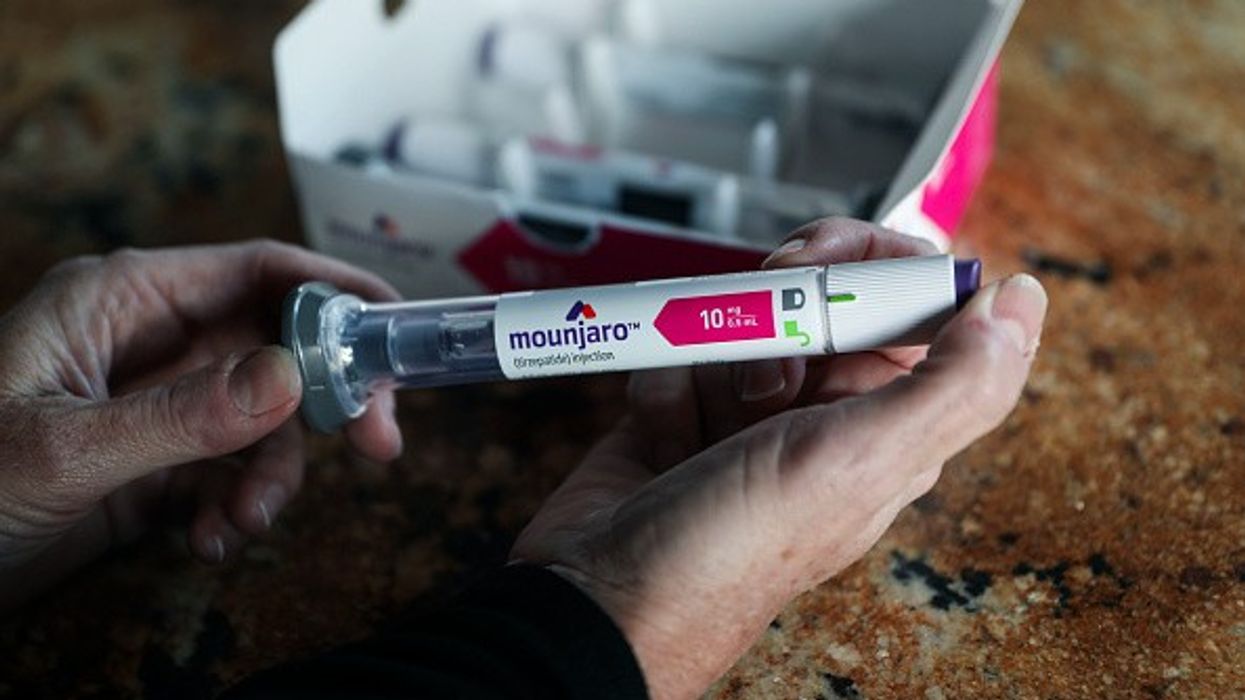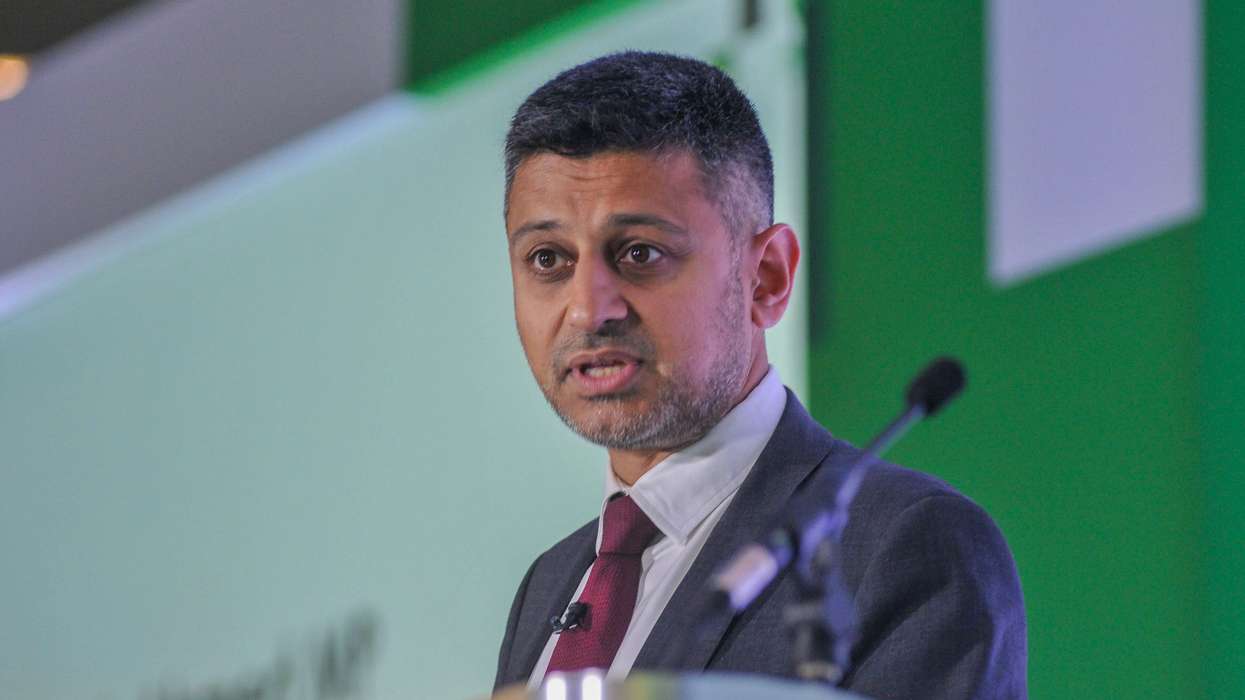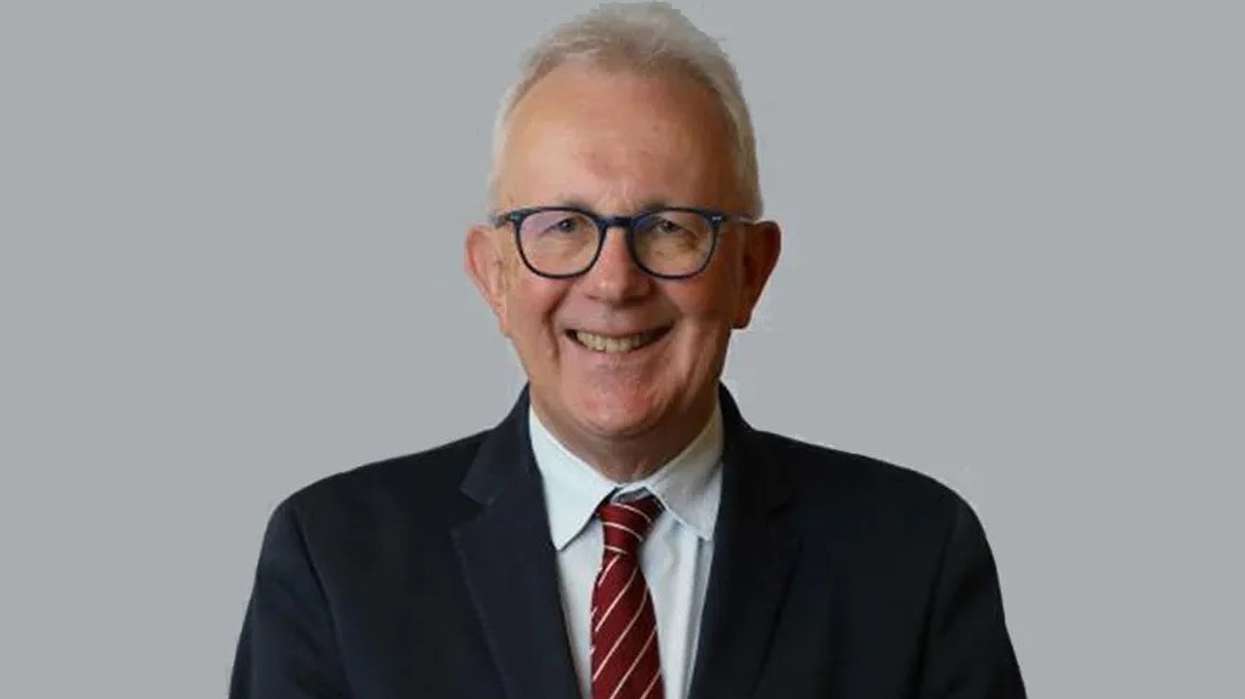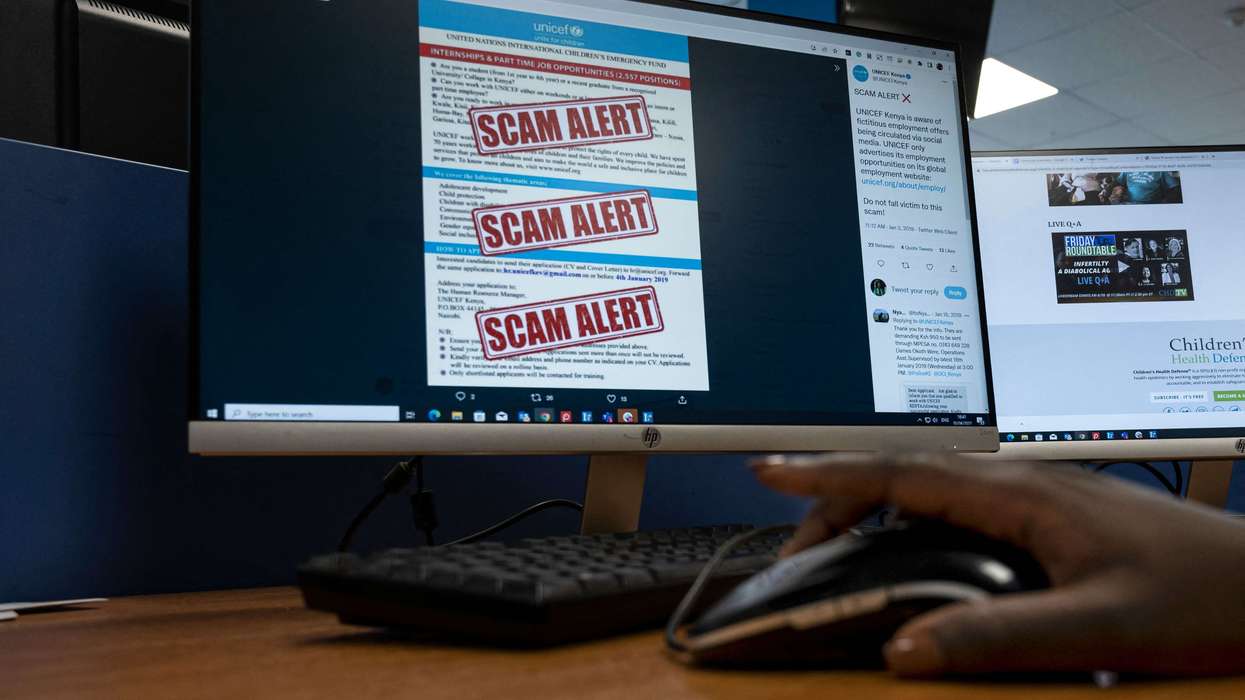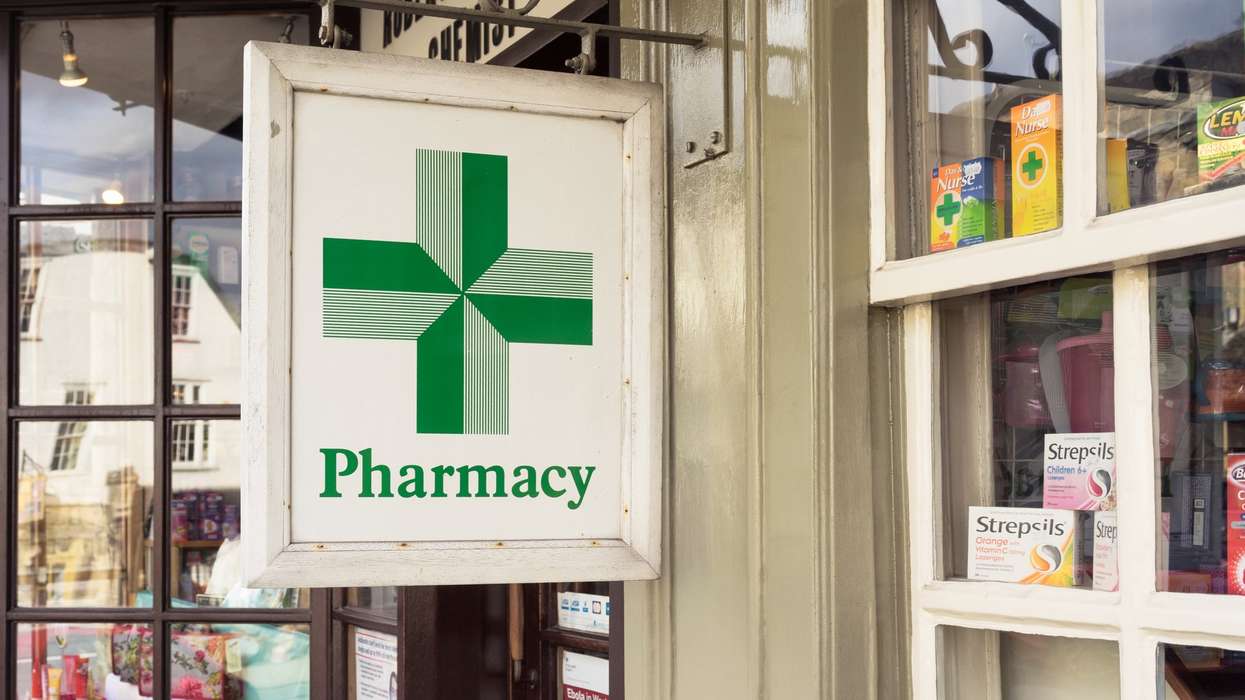Key Summary
- Only 18 of 42 commissioning bodies across the country have confirmed that they have started prescribing Mounjaro
- Just nine ICBs confirmed that they had been allocated enough NHS funding to cover at least 70 percent of their eligible patients
- A vast majority of patients on Mounjaro currently pay for it privately, and prices have been hiked sharply
More than half of general practices have no access to tirzepatide (Mounjaro), despite the NHS roll-out of the weight-loss jab in June, according to BMJ.
Only 18 of 42 commissioning bodies across the country have confirmed that they have started prescribing Mounjaro in line with NHS England’s primary care roll-out plan.
NHS had announced on June 23 that Mounjaro jabs will be available at GP surgeries in England, with prescriptions rationed to the most obese patients.
A freedom of information request shows that despite NHS England stating it expects 70 percent of eligible patients to come forward for treatment, only a fraction of integrated care boards (ICBs) have enough funding for that.
Just nine ICBs confirmed that they had been allocated enough NHS funding to cover at least 70 percent of their eligible patients.
Before the rollout, the National Institute for Health and Care Excellence had said 3.4 million people should be eligible for weight-loss medication.
However, the NHS chose to restrict it to just 200,000 people, who had a BMI of 40 or more and four out of five of the following conditions: type 2 diabetes, high blood pressure, heart and vascular disease, high cholesterol, and obstructive sleep apnoea.
The vast majority of patients on Mounjaro currently pay for it privately, and its US-based manufacturer Eli Lilly had earlier announced that prices will rise 170 percent from September.
The threat of the increased prices had triggered a scramble to stockpile injections, and the sale had to be temporarily paused.
The drug company said it had hiked the prices following pressure from US president Donald Trump.
He wants US drug makers to lower prices for American patients, suggesting they could do so by charging more in other countries.
However, the company later offered a discounted deal to UK suppliers, which is expected to limit the price increase.
A 170 percent hike would have meant the cost of the highest dose going up from £122 to £330 per month, but it is being sold to suppliers for £247.50.








